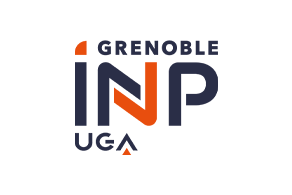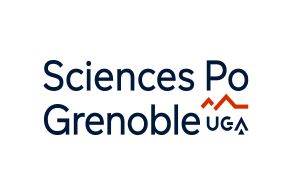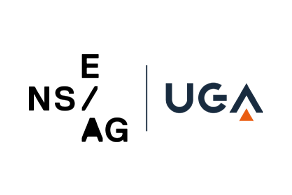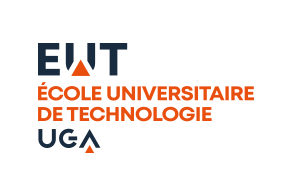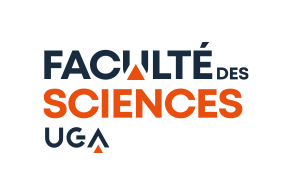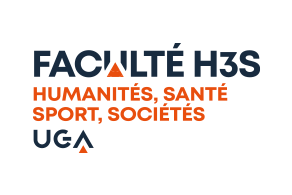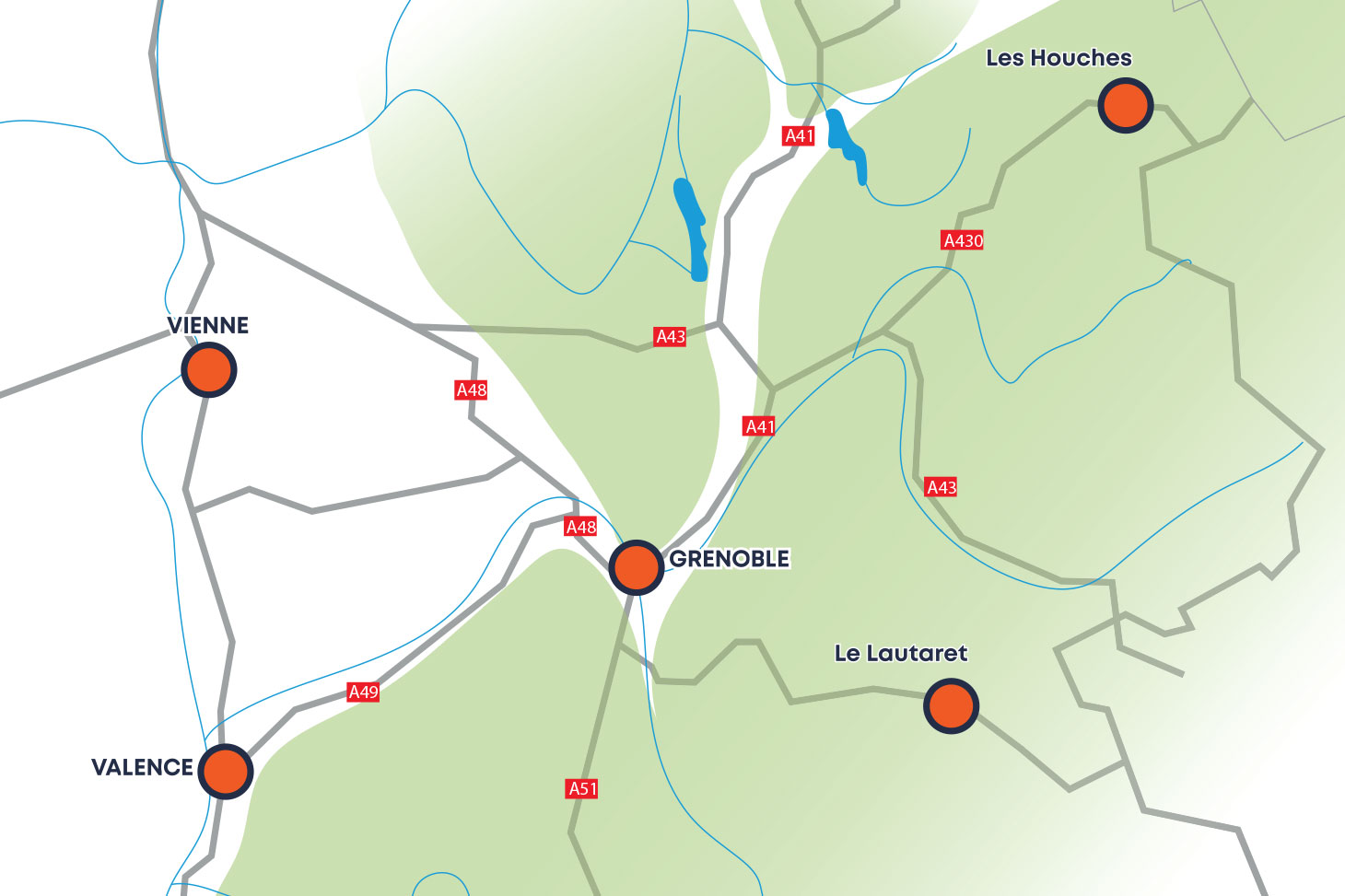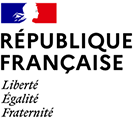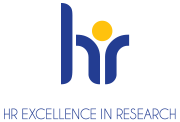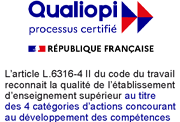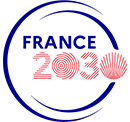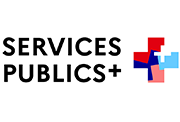Accueil
En ce moment à l'Université Grenoble Alpes
- Le Mois de la biodiversité à l’UGA !Du 30 avril au 30 mai, aventurez-vous dans le laboratoire géant de la biodiversité : les campus de l’UGA ! Pendant tout un mois dédié à la biodiversité, participez à une série d’événements pour découvrir toutes les initiatives portées par l’UGA !Lire la suite
- Palmarès INPI 2023 : l’Université Grenoble Alpes 1re université française en matière d’innovation par le nombre de brevets déposésL’Université Grenoble Alpes (UGA) parvient à la 29e place du classement de l’INPI 2023 avec 47 brevets déposés en 2023 dont 28 co-déposés avec son établissement composante Grenoble INP – UGA. L’UGA se positionne ainsi parmi les institutions françaises qui investissent le plus dans l’innovation et 4e établissement de recherche publique du classement.Lire la suite
- Grâce au DAEU, intégrez l'université sans le bacFidèle à sa mission de service public, l'Université Grenoble Alpes maintient son engagement dans l'accessibilité aux études supérieures pour tous avec le diplôme d'accès aux études universitaires (DAEU). C'est le moment de participer aux réunions d'information !Lire la suite
- Let’s play UGA : 22 883 € récoltés pour les projets solidairesLe 18 avril dernier, l'UGA organisait Let's play, un événement gaming et solidaire en faveur de projets portés par les associations étudiantes pour lutter contre la précarité étudiante. Cet événement inédit a permis de récolter 22 883 € grâce à la générosité de toutes et tous, et notamment des mécènes de la Fondation Université Grenoble Alpes.Lire la suite
Agenda
- ConférenceAvenue centrale : "Annie Ernaux, prix Nobel : pour une autre histoire littéraire"le 14 mai 2024Saint-Martin-d'Hères - Domaine universitaire
- AnnonceDonnez votre sang, sauvez des vies !le 14 mai 2024Saint-Martin-d'Hères - Domaine universitaire
- Rencontre / DébatCafé sciences et citoyens : "Le CO2 : déchet ou ressource ?"le 14 mai 2024Grenoble - Centre ville
- ConférencePédagotalks : pédagogie et accessiblitéle 14 mai 2024Saint-Martin-d'Hères - Domaine universitaire, À distance
59 500
étudiants
30
écoles, facultés et instituts
600
parcours et filières
71
unités de recherche
Au top de la recherche mondiale
Top 150 du classement de Shanghai 2023
L’Université Grenoble Alpes conserve son rang dans le top 150 du classement global de Shanghai 2023 qui compare la productivité de la recherche des 1000 meilleures universités dans le monde. Au niveau national, elle maintient sa place au 5e rang des meilleures universités françaises.
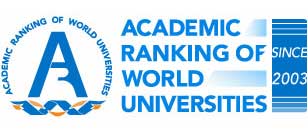
Top 50 dans 6 disciplines scientifiques
Dans le classement thématique de Shanghai 2022, l'Université Grenoble Alpes figure dans le top 50 mondial dans 6 disciplines scientifiques :
- 12e en télédétection.
- 24e en sciences de la Terre.
- 39e en génie métallurgique.
- 40e en physique.
- 40e en mathématiques.
- 50e en géographie.





